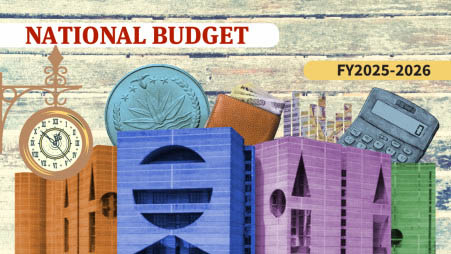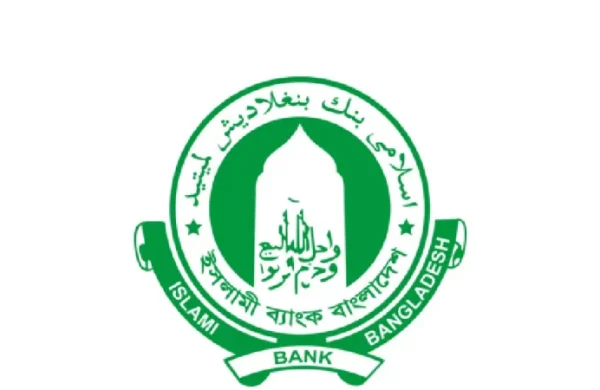Tax gap between listed and non-listed firms may widen to 7.5pc
- Update Time : Thursday, May 29, 2025

Staff Correspondent:
In a bid to encourage companies to get listed on the struggling stock market, the government is planning to widen the existing 5% corporate tax gap between listed and non-listed firms to 7.5%, and to ease the transaction conditions currently required to enjoy the reduced tax rate.
Currently, listed companies enjoy a corporate tax rate of 20%, but due to strict conditions, many companies fail to qualify for this rate and end up paying 22.5%. Similarly, although the corporate tax rate for non-listed companies is 25%, they often end up paying 27.5% due to failure to meet requirements.
National Board of Revenue (NBR) sources said that in the upcoming budget, the corporate tax for non-listed companies will be set at 27.5%. At the same time, conditions for listed companies to enjoy the 20% rate will be relaxed, resulting in a tax gap of 7.5% between the two groups.
A senior official of the NBR said, “Currently, to qualify for the 20% tax rate, listed companies must ensure that all earnings, expenditures, and investments are conducted through banking channels. In practice, companies often cannot comply with these requirements and hence cannot avail the reduced rate.”
“In the upcoming budget, only earnings will need to go through banking channels, while the banking condition for expenditure and investment may be lifted. As a result, more companies will be able to enjoy the 20% tax rate,” he added.
INDUSTRY INSIDERS SEE THIS GOVERNMENT MOVE AS A POSITIVE STEP
Rupali Chowdhury, managing director of Berger Paints Bangladesh Limited, a publicly listed company, that the initiative to widen the tax gap between listed and non-listed firms is a good one, as it would encourage more companies to become publicly listed.
However, she also believes that other compliance requirements should be relaxed. Moreover, the IPO process should be made easier and faster.
“Currently, raising funds through IPOs takes 1.5 to 2 years. In contrast, securing a bank loan takes significantly less time,” she said.
A senior official of a firm associated with share trading on the Dhaka Stock Exchange (DSE), the country’s largest stock market, on condition of anonymity that while easing conditions and widening the tax gap may be positive, it could take a long time to show results in the market.
In the short term, he said, large-scale funds are required to generate immediate impact and encourage companies to list on the stock market.
Ahmed Rashid Lali, former president of the DSE Brokers Association, said at a budget discussion in Dhaka on Tuesday that there is currently a 5% tax gap between listed and non-listed firms. Raising this gap to 10% could help bring good companies into the market. He also demanded that the existing source tax on share trading be reduced from 0.50% to 0.25%.
Following the fall of the Awami League government last August, the stock market has experienced a significant decline. On Wednesday the DSE index dropped to 4,615 points – the lowest in five years.
During the same period, market capitalisation also shrank by around Tk 90,000 crore.
In this context, market stakeholders have urged the government to reduce taxes, raise funds, and take several other initiatives to revive the market.
On Wednesday the NBR chairman also hinted that some tax benefits might be offered and existing conditions eased for the stock market.


















